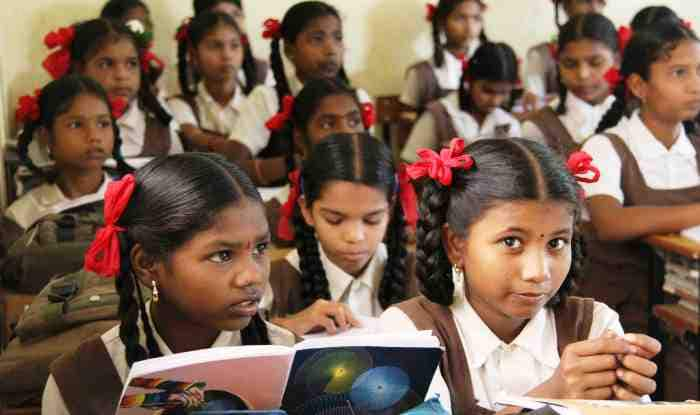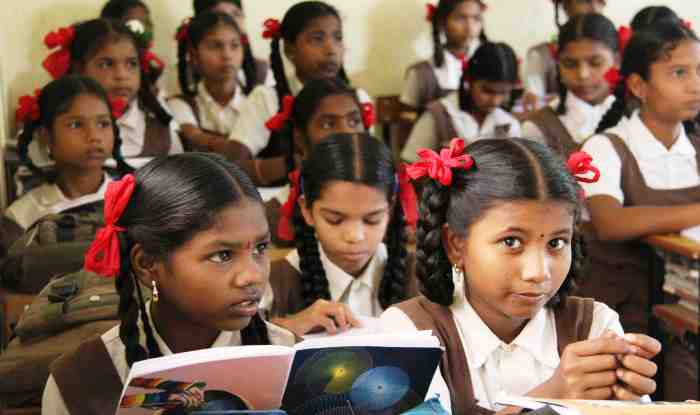The Central Consumer Protection Authority’s (CCPA) committee held its first meeting on Tuesday to discuss the draft guidelines to prevent misleading advertisements and false claims regarding success rates in coaching institutions.

New Delhi: The Central Consumer Protection Authority’s (CCPA) panel just held their first meeting to discuss the proposed rules that aim to stem false advertising and unfounded success claims in tutoring institutions. Consisting of professionals from diverse sectors, the panel probed ways to tackle deceptive claims and to guard consumers from getting deceived. The draft rules could be fundamental to fostering transparency and responsibility in the tutoring sector. The CCPA’s endeavor to tackle deceptive ads aims to shield students’ interests and enable them to make informed choices when picking tutoring institutions, as per a report by news agency IANS.
Consumer Affairs Secretary Highlights Need For Clarity
Consumer Affairs Secretary & CCPA Chief Commissioner Rohit Kumar Singh highlighted the need for clarity, specifically in addressing certain aspects related to advertisements in the coaching sector. He further stated that CCPA firmly believes in safeguarding the rights of consumers and ensuring no false or misleading advertisement is made of any goods or services that contravenes the provisions of the Consumer Protection Act, 2019.
The guidelines shall be applicable to all the coaching institutes, whether online or physical, and cover all forms of advertisement, regardless of form, format, or medium. The guidelines also prescribe Do’s and don’ts that need to be observed before coming up with advertisements:
Guidelines For Coaching Institutions
The coaching institute shall mention the requisite information with a successful candidate photo, including the rank secured by the successful candidate, the course opted for by the successful candidate, the duration of the course, and whether it is paid or free. Coaching institutes shall not make claims on 100 per cent selection or 100 per cent job guarantee or guaranteed preliminary or mains.
The font of the disclaimer, disclosure, or important information in the advertisement shall be the same as that used in the claim or advertisement. The placement of such information shall be in a prominent and visible place in the advertisement.
It was also clarified that the penalty for misleading advertisements by the coaching sector will be governed as per the Consumer Protection Act, 2019 and the guidelines are just in the nature of clarification to the stakeholders and violations of the provisions of the act shall continue to be governed under the existing provisions of the act.
The Committee observed that there is an urgent need to issue the guidelines and the draft as discussed in the meeting should be issued at the earliest.
The CCPA had taken suo motu action against misleading advertisements by coaching institutes. In this regard, it has issued notices to 31 coaching institutes for misleading advertisements and imposed fines on nine of them for misleading advertisements.
The CCPA has observed that some of the coaching institutes mislead consumers by deliberately concealing important information with respect to the course opted for by successful candidates, the duration of the course attended, and the fees paid by the candidates. It was also said that some of the coaching institutes also indulge in making claims like 100 per cent selection, 100 per cent job guaranteed and guaranteed preliminary and main examinations without providing verifiable evidence.
(With inputs from agencies)

